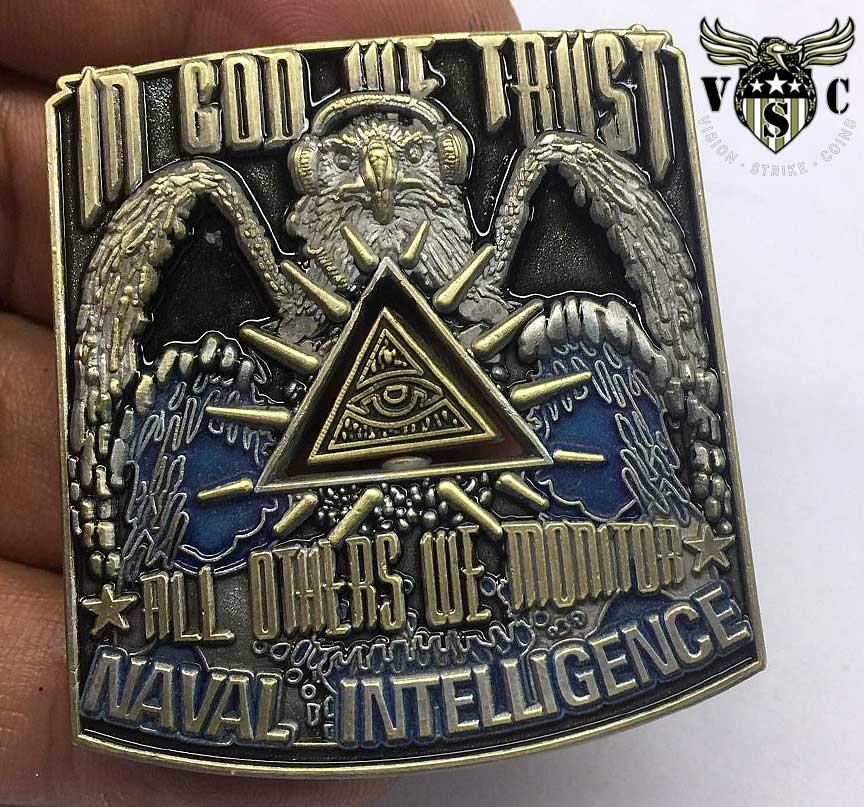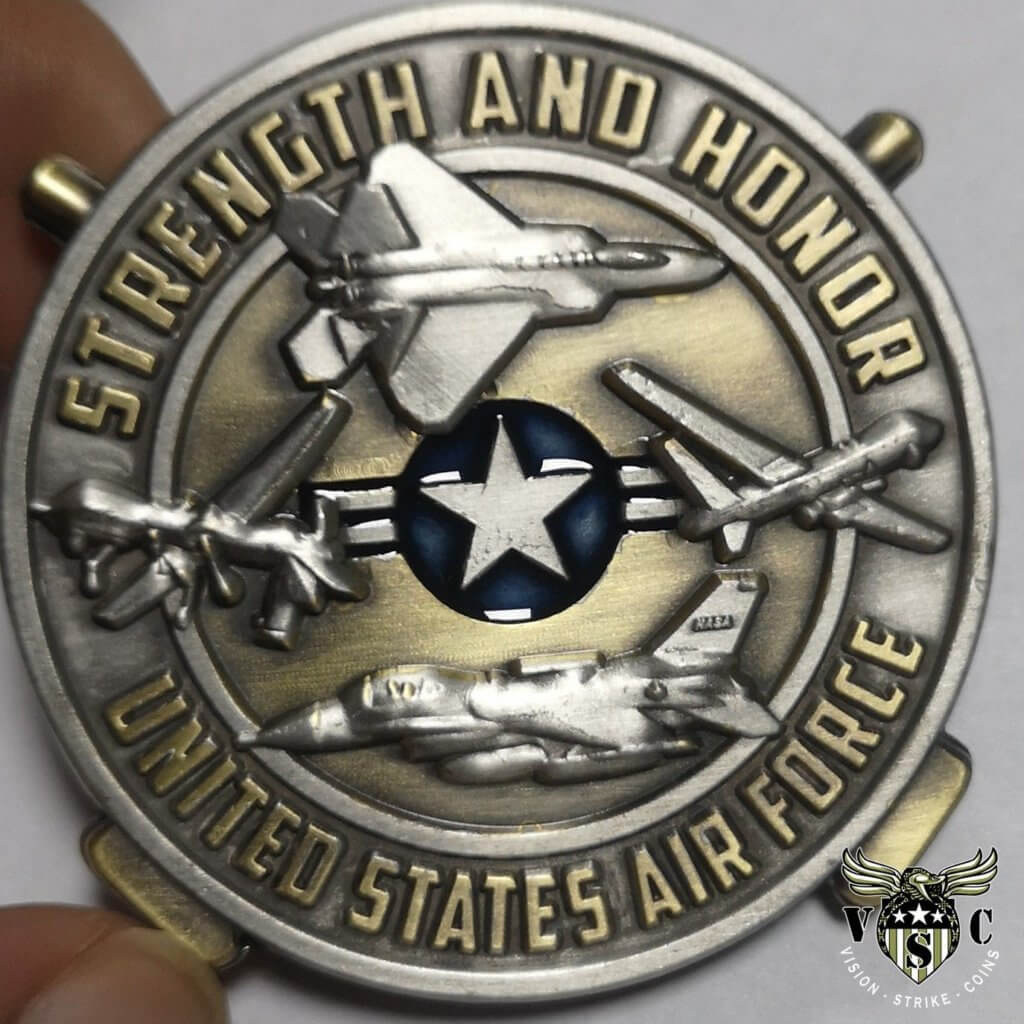Artificial Intelligence In Military Operations. The rapid advancement of technology has revolutionized the way nations approach military operations. Among the cutting-edge innovations driving military transformation is Artificial Intelligence (AI). AI’s integration into the tactical realm has ushered in a new era of warfare, empowering armed forces with enhanced capabilities, efficiency, and decision-making prowess. In this blog, we delve into how AI has gone tactical, transforming military operations across land, sea, and air.

The Rise of AI in Warfare:
Artificial Intelligence, the simulation of human intelligence in machines, has become a game-changer in various industries, and the military is no exception. Over the past decade, AI has evolved from a theoretical concept to a tangible force, shaping the future of warfare.

Enhanced Data Analysis and Processing:
In the modern battlefield, data is abundant, and AI plays a crucial role in analyzing vast volumes of information in real-time. AI algorithms can quickly sift through complex data streams, sensor readings, and intelligence reports, providing military commanders with valuable insights and situational awareness to make informed decisions.
Artificial Intelligence In Military Operations
AI-powered predictive analytics helps anticipate threats and assess potential risks. By analyzing historical data and patterns, AI can predict enemy movements, identify potential ambush sites, and assess the likelihood of attacks, enabling proactive measures to be taken to counter emerging threats effectively.
Automating Routine Tasks:
AI’s capacity for automation offers significant advantages on the battlefield. Repetitive and mundane tasks, such as reconnaissance, surveillance, and logistics, can be effectively automated with AI-powered systems. This allows human personnel to focus on critical decision-making and complex operations, improving overall efficiency and resource management.
AI-Driven Cybersecurity:
Cyber warfare is a growing concern, and AI is proving to be a powerful tool in fortifying cybersecurity defenses. AI-based systems can detect and neutralize cyber threats in real-time, safeguarding military networks, communications, and critical infrastructure from potential attacks. There are Artificial Intelligence In Military Operations in the cybersecurity space.
Autonomous Vehicles and Robotics:
AI plays a pivotal role in the development of autonomous vehicles and robotics for military use. Unmanned aerial vehicles (UAVs), ground-based drones, and autonomous maritime vessels can perform reconnaissance, surveillance, and even offensive operations, reducing risks to human personnel and expanding the scope of military capabilities.
Human-Machine Collaboration:
Contrary to popular depictions of AI taking over the battlefield, the reality lies in the concept of human-machine collaboration. AI augments human decision-making, providing commanders with comprehensive data-driven insights and options. This collaborative approach empowers military personnel to make well-informed and strategic choices.

Challenges and Ethical Considerations with Artificial Intelligence:
While AI presents numerous opportunities, it also raises important ethical considerations. Ensuring AI systems adhere to international laws of armed conflict and human rights remains critical. Additionally, cybersecurity and guarding against adversarial AI are paramount to prevent potential misuse or manipulation of AI systems on the battlefield.
Conclusion: The Future of Tactical Warfare
As Artificial Intelligence In Military Operations continues to advance, its integration into tactical military operations will be transformative. From data analysis and threat detection to automation and autonomous systems, AI’s strategic role in warfare will strengthen national security and increase operational efficiency. However, responsible and ethical development and application of AI in military operations are essential to ensure its benefits are harnessed while mitigating potential risks. As the world navigates the path of AI-driven tactical warfare, it is crucial for nations to collaborate, share best practices, and develop frameworks to ensure a secure and prosperous future. The future of tactical warfare lies at the intersection of human ingenuity and AI’s transformative potential, ushering in a new era of modern warfare.
The integration of AI into tactical military operations has profound implications for the U.S. military. By harnessing the power of AI for data analysis, threat detection, and autonomous systems, the U.S. Armed Forces gain a decisive edge in modern warfare. However, ensuring responsible AI use and addressing ethical considerations are paramount to maintaining the U.S. military’s global leadership and upholding international norms on the battlefield. The U.S. military’s commitment to leveraging AI responsibly will undoubtedly shape the future of tactical warfare and national security.
Artificial Intelligence (AI) in military operations enhances the U.S. military’s capabilities on multiple fronts. AI’s role in data analysis, predictive analytics, and automation streamlines processes, optimizing resource allocation and mission execution. Moreover, AI empowers the U.S. military with advanced cybersecurity measures, safeguarding against cyber threats. With AI-driven autonomous vehicles and robotics, the U.S. military achieves superior reconnaissance and surveillance capabilities. Emphasizing responsible AI use ensures the U.S. military remains at the forefront of modern warfare, upholding ethical standards while capitalizing on AI’s transformative potential in military operations.
Artificial Intelligence (AI) is revolutionizing military operations across various branches of the U.S. military, enhancing their capabilities and efficiency. In the Army, AI is employed in data analysis, aiding in strategic decision-making and mission planning. Additionally, AI-driven autonomous vehicles and robotic systems support reconnaissance and logistics tasks.
In the Navy, AI assists with maritime surveillance, detecting and tracking potential threats, and optimizing fleet operations. AI-powered algorithms analyze vast amounts of sensor data, ensuring real-time situational awareness for naval commanders.
The Air Force utilizes AI for predictive maintenance of aircraft, improving operational readiness and reducing downtime. AI-powered autonomous drones enhance surveillance and intelligence gathering, providing valuable information for combat missions.
In the Marine Corps, AI supports training and simulation exercises, offering realistic and dynamic scenarios to prepare troops for diverse operational environments.
Across the U.S. military, responsible AI integration is prioritized to ensure compliance with ethical and legal standards. As AI continues to evolve, its transformative impact on military operations will further solidify the U.S. military’s readiness and strategic advantage on the global stage.
For more information about Artificial Intelligence In Military Operations please email us at hq@vision-strike-coins.com.

